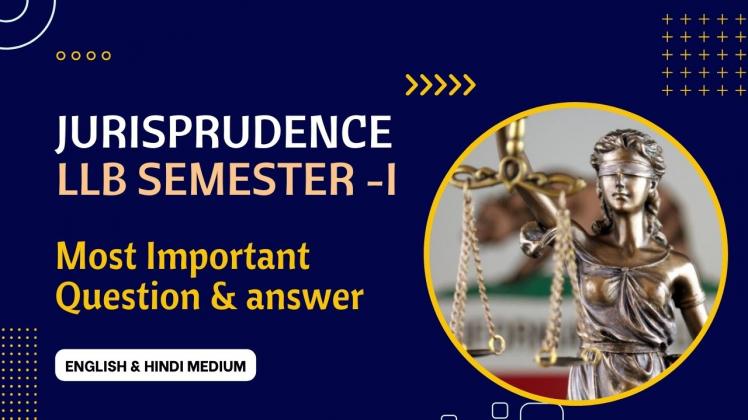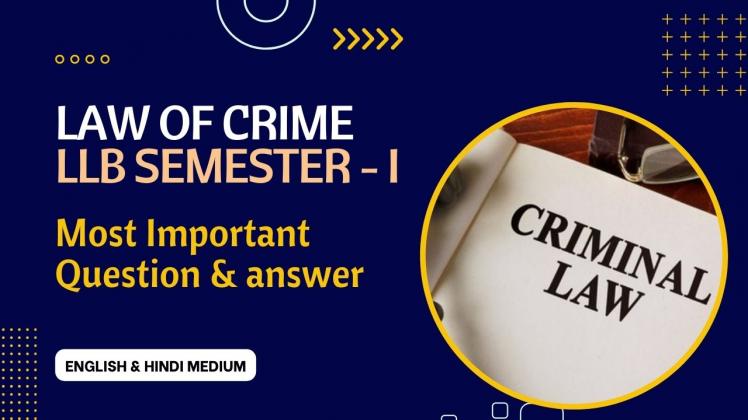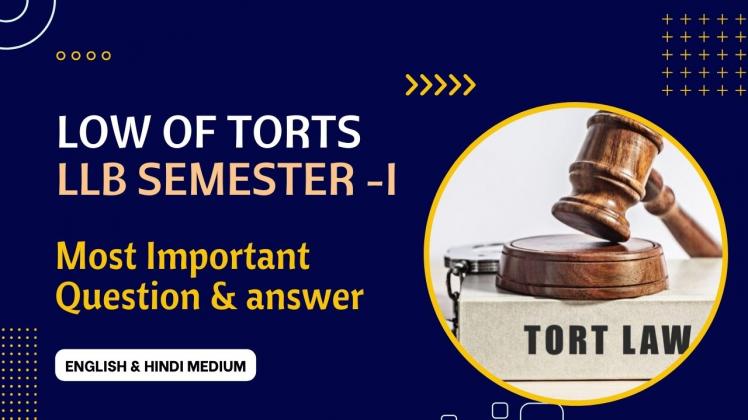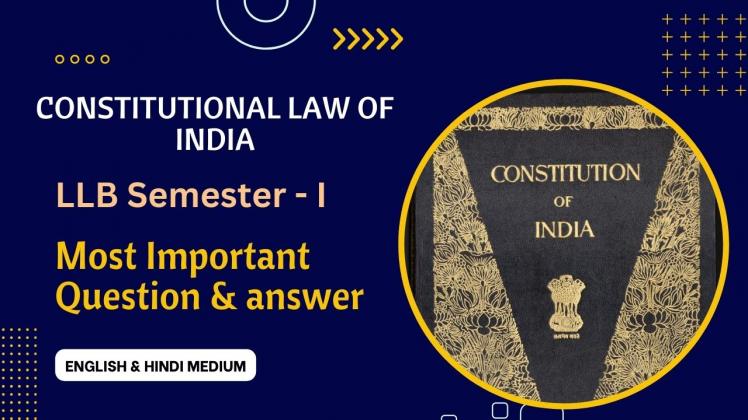

IPC - Law of Crime Sem I
The Indian Penal Code (IPC) is a comprehensive legal code intended to cover all substantive aspects of criminal law in India. Drafted in 1860 on the recommendations of the first law commission of India established in 1834 under the Charter Act of 1833 under the chairmanship of Thomas Babington Macaulay, it came into force in 1862 during the British colonial period. It remains a central legal document in Indian criminal law today.
Overview of IPC - Law of Crime Semester I
Introduction to the Indian Penal Code
- Historical Background: Understanding the genesis of IPC, including the colonial context and Macaulay’s contribution.
- Structure of the IPC: Comprising 23 chapters and 511 sections, detailing definitions, general exceptions, punishments, and specific offenses.
General Principles of Criminal Law
- Actus Reus and Mens Rea: Fundamental concepts where Actus Reus refers to the physical act of the crime and Mens Rea refers to the intent.
- Strict Liability Offenses: Crimes that do not require Mens Rea.
- Stages of Crime: From intention, preparation, attempt, to the commission of the crime.
Classification of Offenses
- Bailable and Non-bailable Offenses: Criteria and implications.
- Cognizable and Non-cognizable Offenses: Differences in police authority to arrest without a warrant.
- Compoundable and Non-compoundable Offenses: Offenses that can be compromised between the victim and the offender.
Specific Sections and Chapters
- Chapter II: General Explanations: Sections 6 to 52A, covering definitions and clarifications.
- Chapter III: Punishments: Sections 53 to 75, detailing types of punishments like death, imprisonment, forfeiture of property, and fines.
- Chapter IV: General Exceptions: Sections 76 to 106, discussing the conditions under which criminal liability is exempted (e.g., insanity, intoxication).
Crimes Against Persons
- Homicide (Sections 299-311): Covering culpable homicide, murder, and punishments.
- Assault and Battery: Distinguishing between physical harm and mere threatening.
- Kidnapping and Abduction (Sections 359-374): Legal provisions and punishments.
Crimes Against Property
- Theft (Sections 378-382): Definitions, examples, and penalties.
- Robbery and Dacoity (Sections 390-402): Differentiation and severity of punishment.
- Criminal Breach of Trust (Section 405): Detailed study of entrustment and misappropriation.
Offenses Relating to Marriage
- Adultery (Section 497): Historical context and contemporary relevance (noting the decriminalization by the Supreme Court in 2018).
- Bigamy (Sections 494 and 495): Legal implications of marrying while the spouse is alive.
Defamation
- Sections 499-502: Understanding slander, libel, and the defenses available.
General Defenses under IPC
- Mistake of Fact (Section 76 and 79): When ignorance can excuse liability.
- Right of Private Defense (Sections 96-106): Limits and extent of self-defense.
- Insanity (Section 84): Legal parameters for the insanity plea.
Case Law and Judicial Precedents
- Landmark Judgments: Analysis of significant Supreme Court and High Court rulings interpreting various sections of IPC.
- Judicial Interpretation: How courts have interpreted and applied different provisions of IPC over time.
Practical Aspects
- Filing an FIR: Procedure and significance of the First Information Report.
- Role of Police and Judiciary: Understanding the investigative and adjudicative processes.
- Trial Procedures: From framing of charges to the delivery of judgment.
Study Methodology
- Reading Statutory Provisions: In-depth reading and understanding of the language of the law.
- Case Studies: Analyzing real-life cases to understand the application of laws.
- Discussion and Debates: Engaging in classroom discussions to develop critical thinking.
- Mock Trials: Practical exercises to experience the trial process.
Assessment
- Written Exams: Testing knowledge and understanding of IPC provisions.
- Research Papers: Encouraging in-depth research on specific aspects of criminal law.
- Presentations: Oral presentation skills to articulate understanding and viewpoints.
- Viva Voce: Oral examination to assess practical understanding.
The IPC - Law of Crime Semester I provides a foundational understanding of criminal law principles, critical analysis of statutory provisions, and practical knowledge through case studies and mock trials. It prepares students for advanced study and practice in criminal law.



